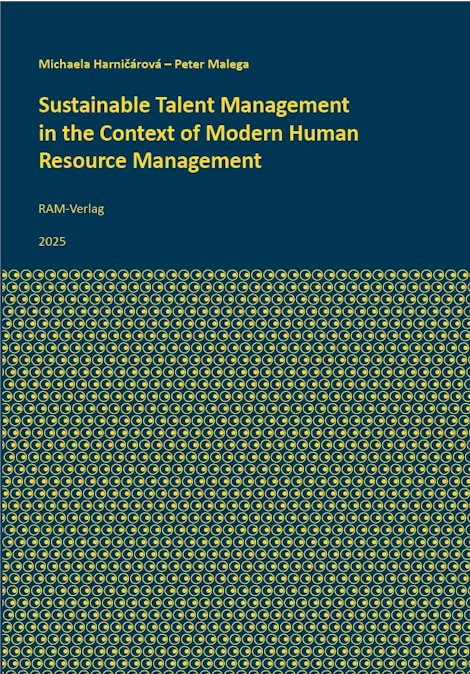|
 |
INTRODUCTION
In today’s dynamic organizational environment, talent has become one of the most valuable resources that determines compe-titiveness, innovation and long-term sustainability. While traditional approaches to human resource management emphasized perfor-mance and efficiency, modern theories of talent management shift attention to the identification, development and retention of exceptional individuals – the so-called talents.
This monograph deals with the theoretical foundations of talent and talent management, drawing on both classical and contemporary concepts. It also reflects the findings of consulting firms that have significantly contributed to the development of sophisticated sys-tems of job evaluation and strategic talent management.
Talent is increasingly seen as a strategic factor affecting the performance, innovation potential and long-term sustainability of organizations. While traditional approaches to human resource management focused primarily on operational aspects, modern concepts of talent management reflect the need to systematically identify, develop and retain exceptional individuals who possess the competencies necessary to achieve organizational goals.
The aim of this monograph is to create a solid theoretical frame-work that will enable a deeper understanding of the importance of talent in the context of sustainable organizational development and at the same time provide a basis for the application of talent management in practice in the form of a proposed integrated model of sustainable talent management.
